Ⓒ 2023 Kyligence, Inc. All rights reserved.

Image Source: pexels
Elevating Business Analytics in 2024
The year 2024 marks a significant shift in the landscape of business analytics tools, with organizations increasingly relying on data-driven insights to gain a competitive edge. As businesses navigate through an ocean of data, the choice of an analytics tool becomes paramount for driving success. In this context, two prominent players, Domo and JReport, have emerged as frontrunners in the realm of business intelligence and reporting.
Both Domo and JReport offer robust solutions designed to empower businesses with actionable insights derived from complex datasets. As we delve deeper into their features and capabilities, it becomes evident that the right choice can significantly impact an organization's ability to harness the power of data for informed decision-making and strategic planning.
Understanding Domo and JReport
Overview of Domo
Domo is a cloud-based business management suite that offers a comprehensive set of tools for data analysis, visualization, and decision-making. Its micro and macro-level analysis capabilities enable users to delve into granular details while also gaining a holistic view of the organization's performance. By leveraging Domo, businesses can accelerate their digital transformation initiatives by harnessing the power of real-time data insights to drive operational efficiency and strategic growth.
Overview of JReport
JReport specializes in data analysis and report generation from various business applications. Its strength lies in its scalability, customization, and fault tolerance, making it a reliable choice for organizations dealing with large volumes of data. Furthermore, JReport seamlessly integrates with web interfaces, providing a smooth user experience while accessing and analyzing critical business information. This integration capability ensures that JReport can be seamlessly incorporated into existing workflows without disrupting established processes.
Key Features and Capabilities
In the competitive landscape of business analytics tools, both Domo and JReport offer a range of features and capabilities that cater to the diverse needs of modern organizations.
Unified View of All Business Data
Domo and JReport excel in providing a unified view of all business data. Domo achieves this through the consolidation of data from various sources, enabling businesses to centralize information through quick and easy connectors. Additionally, Domo's visual drag-and-drop ETL (Extract, Transform, Load) processes empower users to seamlessly transform raw data into actionable insights without the need for extensive technical expertise. On the other hand, JReport also offers similar capabilities, allowing for the consolidation and centralization of data from disparate sources while providing intuitive tools for creating unified views of critical business information.
Answering Business Questions
Both Domo and JReport enable users to answer critical business questions by providing real-time access to data through natural query language-based searches. This functionality allows users to drill down into specific business questions, uncovering valuable insights that drive informed decision-making. Furthermore, both platforms facilitate the creation of visualizations from a single interface, empowering users to translate complex datasets into compelling visual representations that aid in understanding and communicating key findings.
Improving Business Collaboration
Domo and JReport play a pivotal role in improving business collaboration by reducing the need for meetings through real-time collaboration features. These tools promote company-wide communication and engagement with data by offering interactive dashboards and reports that can be shared across departments. Moreover, both platforms recognize the importance of combining quantitative data visualizations with qualitative employee feedback, fostering a collaborative environment where data-driven insights are complemented by firsthand experiences and observations within the organization.
Scalability and Integration
As businesses expand and evolve, the scalability and integration capabilities of business analytics tools become crucial factors in driving operational efficiency and strategic decision-making.
Scalability of Domo and JReport
Domo boasts robust scalability features that cater to the growing needs of organizations. Its cloud-based architecture allows for seamless scaling of resources, ensuring that as data volumes increase, Domo can accommodate the heightened demands without compromising performance. Additionally, Domo's ability to handle large datasets and support a high number of concurrent users positions it as a scalable solution for businesses of varying sizes. On the other hand, JReport also offers impressive scalability features, allowing organizations to effortlessly expand their reporting and analytics capabilities in tandem with their growth. By providing flexible deployment options and efficient resource allocation, JReport ensures that scalability remains a cornerstone of its offerings.
When comparing the scalability capabilities of Domo and JReport, it becomes evident that both platforms are well-equipped to meet the evolving needs of modern businesses. However, the specific requirements of an organization may influence which platform aligns more closely with its scalability objectives.
Integration with Other Systems
The seamless integration of business analytics tools with existing systems is essential for maximizing their utility within an organization's technological ecosystem. Domo excels in integration capabilities by offering a wide array of connectors that facilitate the harmonious amalgamation of disparate data sources. This enables users to leverage data from various platforms seamlessly within Domo's environment. Similarly, JReport emphasizes smooth integration with other systems, leveraging its compatibility with web interfaces to ensure that it can be seamlessly incorporated into an organization's existing infrastructure.
When comparing the integration methods of Domo and JReport, both platforms demonstrate a commitment to facilitating easy integration with other systems. The choice between them may hinge on specific technical requirements or existing software dependencies within an organization's IT landscape.
Making the Right Choice for Your Business
Selecting the best business analytics tool for your organization requires a thoughtful evaluation of various considerations. It's essential to assess factors such as the specific needs of your business, the scalability requirements, integration capabilities, and the overall alignment of tool capabilities with your strategic objectives. By aligning these considerations with the unique demands of your organization, you can make an informed decision that will empower you to harness the full potential of a business analytics tool.
In conclusion, both Domo and JReport offer robust features and capabilities that cater to the diverse needs of modern businesses. The choice between these two platforms ultimately hinges on how well their offerings align with your organization's specific requirements and long-term vision for leveraging data-driven insights. Therefore, a thorough assessment of these factors is crucial in making an informed decision that will drive your business towards success in 2024 and beyond.
